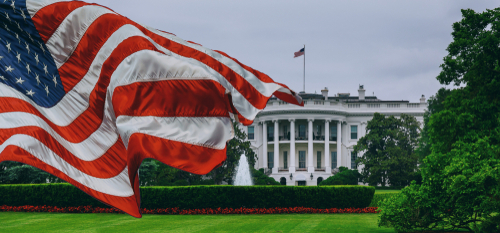As Donald Trump’s potential second tenure in the White House looms, concerns about deep state surveillance are resurfacing. Discussions about the powerful, concealed governmental network indicate fears that expanded monitoring of political activists and opponents may occur. This scenario raises important questions about transparency, accountability, and the protection of civil liberties, as surveillance technology becomes ever more sophisticated.
Concerns Over Cabinet Nominations
Donald Trump’s prospective return has prompted speculation regarding his cabinet choices, with some selections becoming focal points of concern. Notably, Matt Gaetz, a Florida congressman known for his far-right stance, has been nominated as attorney general, alarming even some Republicans who foresee mass firings at the Department of Justice. Other appointments include Todd Blanche as deputy attorney general and Emil Bove as principal associate deputy attorney general.
Nominations such as Tulsi Gabbard for director of national intelligence and Pete Hegseth as defense secretary add to the controversy. These selections, coupled with Robert F. Kennedy Jr. as health and human services secretary and Doug Collins for veterans affairs secretary, signify potential shifts in agency operation and ideological approaches.
Managing Defense Policy and Surveillance Concerns
The implications of a Trump presidency extend beyond cabinet appointments. Analysts predict significant changes to defense policies, especially with Republican congressional control. The impact on military spending and strategic issues, particularly focused on Ukraine and NATO, could redefine U.S. international relationships and defense commitments. Amid these developments, concern persists about the deep state employing advanced surveillance activities against political adversaries.
“Yeah, I’ll go over there and start cuttin’ fuckin’ heads.”
There is bipartisan apprehension regarding China’s military advancements, necessitating sustained investment in military technology. Increasing isolationism under Trump’s potential leadership might alter U.S. foreign strategies and military deployment policies, prompting debates on accountability and privacy versus national security needs.
Legislative Oversight and Civil Liberties
The calls for stronger legislative oversight aim to safeguard citizens’ privacy amidst rising surveillance apprehensions. As society grapples with balancing privacy and security, the potential overreach by undisclosed state operations comes into focus. The ethical and democratic implications are crucial as such government dynamics arguably threaten individual rights and civil liberties.
“Matt Gaetz is just simply unqualified … academically, professionally, ethically, morally and experientially”
Ultimately, whether Trump’s second term materializes remains speculative, but the discourse on transparency and surveillance has invigorated legislative debates. Protecting fundamental freedoms while ensuring national security warrants meticulous attention to prevent potential surveillance overreach by the so-called deep state.
Sources:
- Fears mount over Trump’s second term amid flurry of shock selections | Trump administration | The Guardian
- What Trump’s Second Term Could Mean for U.S. Defense Policy

